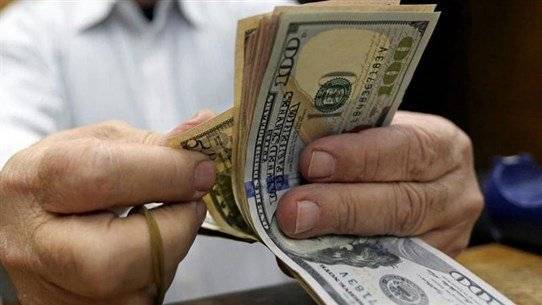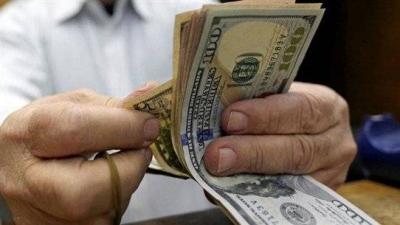Financial and economic expert Antoine Farah summarized the reasons behind the rise of the US dollar and the ongoing controversy surrounding the so-called customs dollar. He revealed that the customs dollar, which was supposed to be a source of additional revenue for the treasury to adjust public sector salaries, has turned into a financial crisis and then into a political crisis. Today, we see the political factions tossing the hot potato around with no group willing to take on the responsibility, as there is a need to secure revenues. Farah indicated in an interview with "Al-Anbaa" electronic that "the atmosphere of the Prime Minister during his meeting with the economic bodies suggests that he decided to pass the hot potato back to the Parliament to figure things out for themselves, and this will be a big problem if we do not reach an acceptable formula that provides relative protection for the people and secures revenues to improve public sector salaries to get it back to work. We will be facing a real disaster because we will be left with two options: either leave the public sector crippled, which is a disaster by all measures, or instruct the Central Bank to print more lira to distribute to public sector employees, thus entering a vicious circle. In both cases, we are in serious trouble because the executive and legislative authorities do not want to take responsibility."
Regarding the rise in the exchange rate of the dollar, Farah observes that it is clear that the Central Bank, which was previously intervening strongly in the free market through the Sayrafa platform, has reduced the extent of its intervention. There seems to be a decrease in the flow of dollars that had been relatively high during July, related to the start of a decline in the number of tourists coming to Lebanon. Therefore, the dollar's rise, fall, or stability is linked to a decision made by the Central Bank to intervene when it sees fit. He anticipates that the bank will intervene in the coming hours as it has begun to gradually lift subsidies on gasoline, which will subsequently lead to a rise in fuel prices and additional pressure that may compel the Central Bank to intervene to alleviate this pressure.




